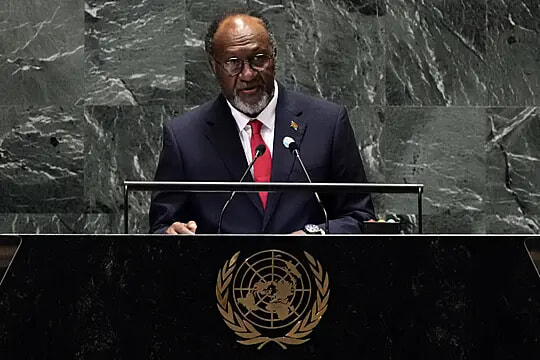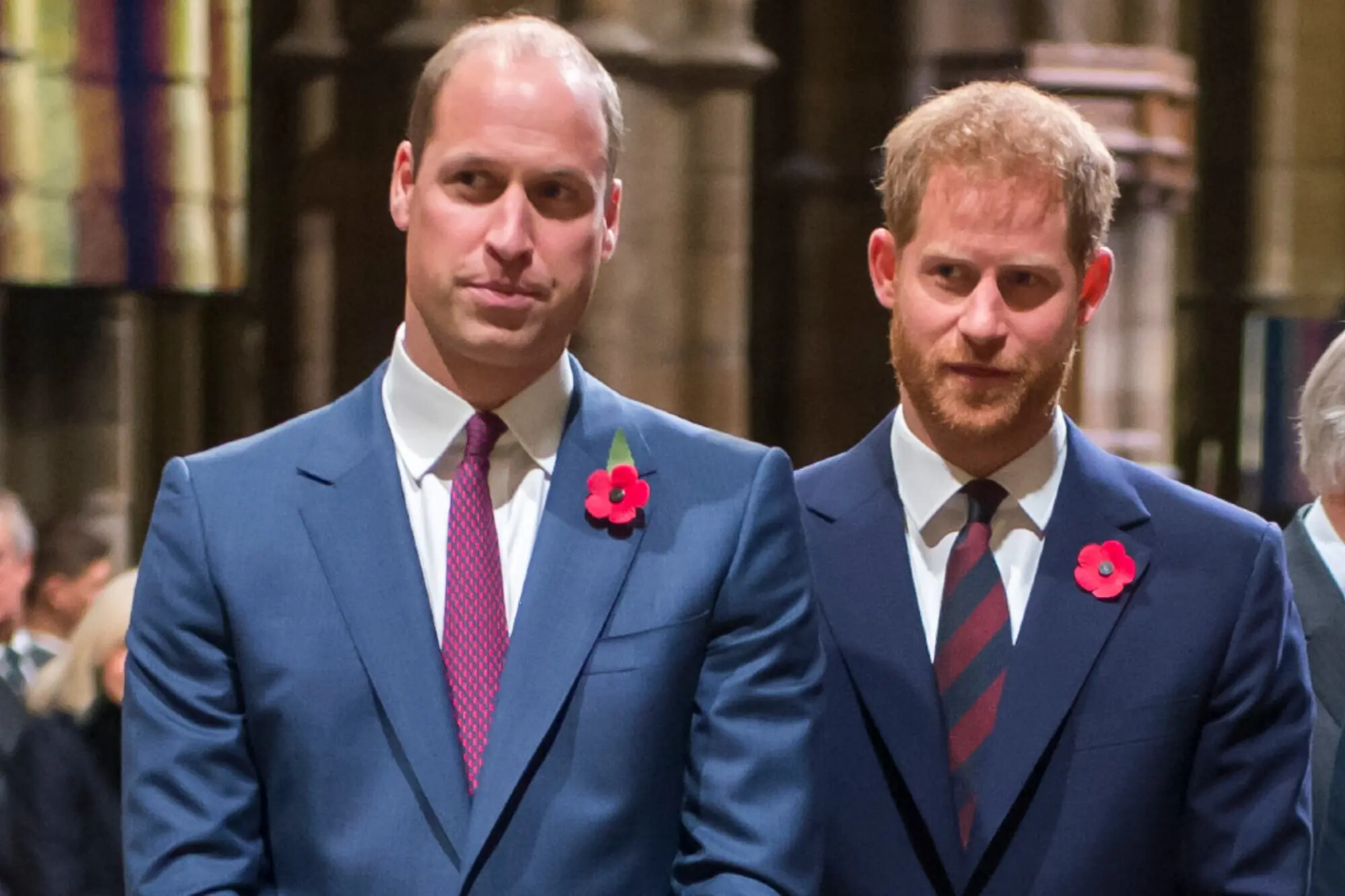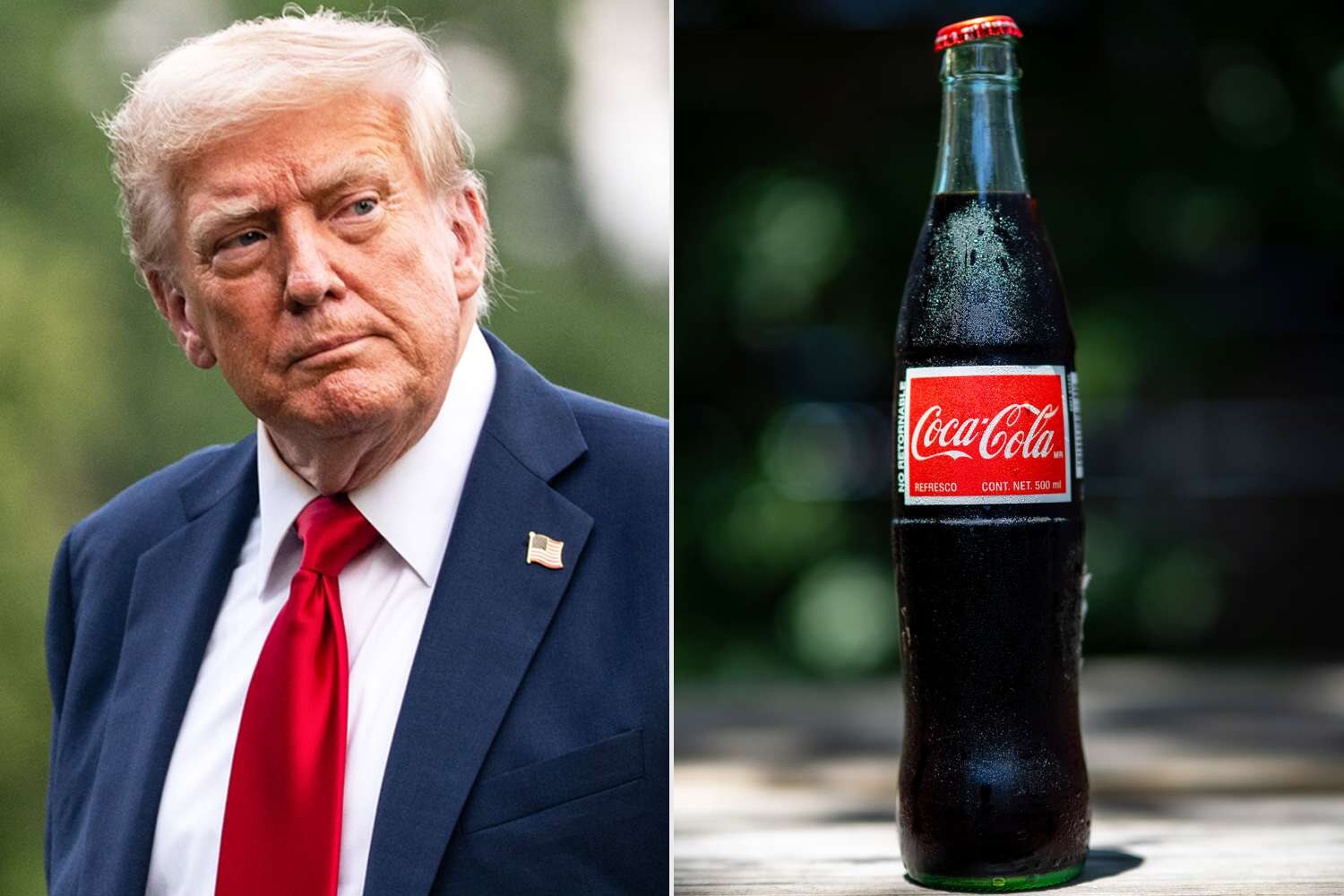
Shia LaBeouf and FKA Twigs Reach Settlement in Sexual Assault and Battery Lawsuit
This was still going on?
Published July 23, 2025
Advertisement
Advertisement
1. A Lawsuit Reaches Its End
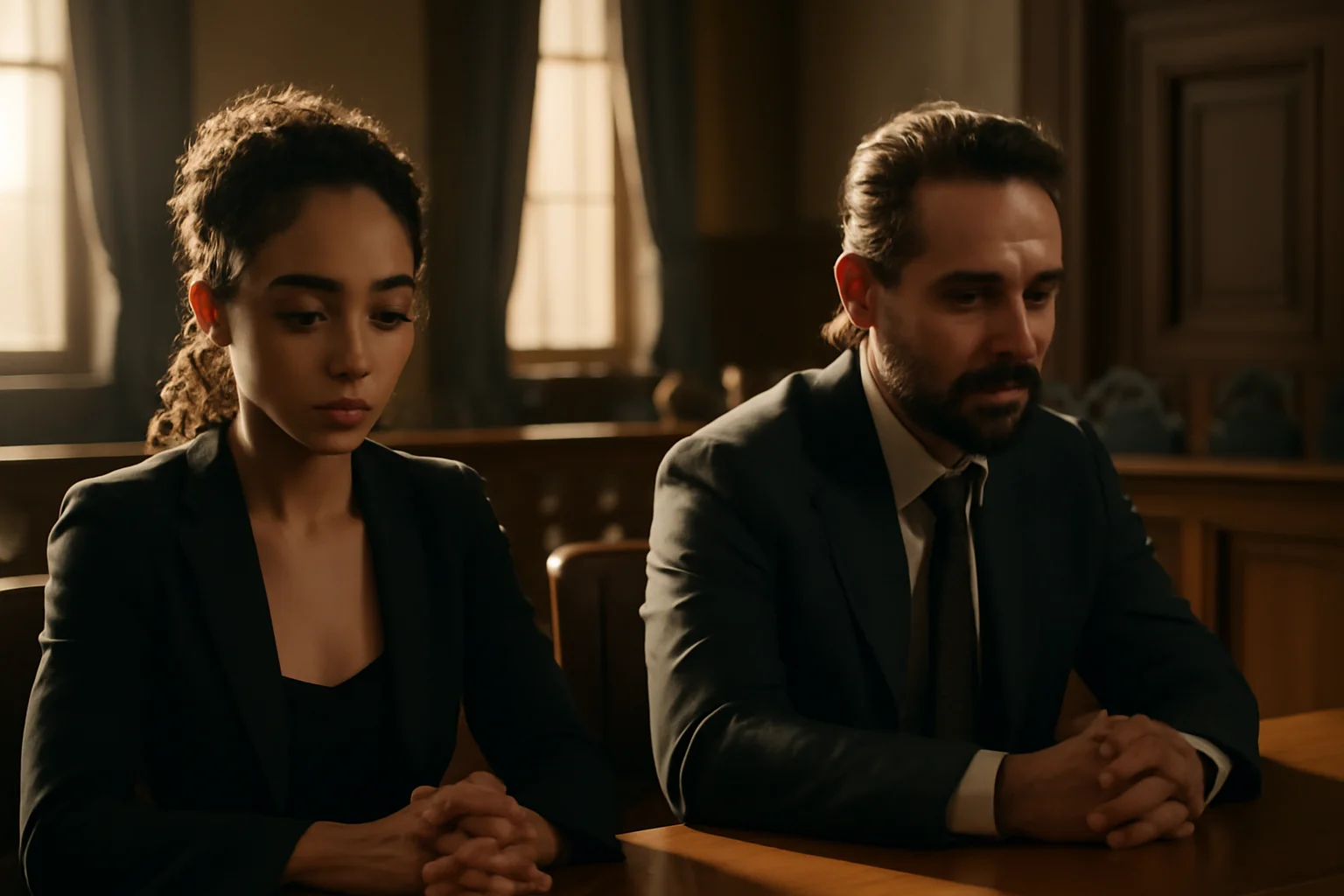
After nearly five years of legal battles and personal revelations, FKA twigs and Shia LaBeouf have settled their closely watched lawsuit. The British musician, whose real name is Tahliah Debrett Barnett, filed suit against the actor in December 2020, alleging a harrowing pattern of abuse during their relationship. On July 22, 2025, both parties formally asked the court to dismiss the case with prejudice, ensuring it can never be refiled. Attorneys for both sides released a joint statement that emphasized a desire to move forward, stating they were “committed to forging a constructive path” and wished one another “personal happiness, professional success, and peace in the future.” While the terms of the settlement remain private, the decision closes a chapter that had dragged on with repeated postponements and intense scrutiny from the public and press. FKA twigs initially sought $10 million in damages, describing her ordeal as the worst experience of her life, and expressing that abuse can happen to anyone, regardless of fame or fortune. LaBeouf has consistently denied many of the claims in court filings, but also publicly admitted to a history of hurting people close to him and being “ashamed of that history.” Both have gone on to new artistic projects, but the echoes of the case reverberated through the music and film worlds. Their settlement signals not only the end of a high-profile lawsuit, but also a rare moment of public closure between two public figures once locked in bitter conflict. In a culture increasingly attuned to the realities of abuse, their story continues to spark conversations about accountability and healing. As the dust settles, both are left to rebuild and redefine their personal and professional futures in the wake of a case that reshaped both lives.
Advertisement
2. From Romance to Rupture

FKA twigs and Shia LaBeouf first met on the set of the 2019 film “Honey Boy,” where their onscreen collaboration quickly evolved into a real-life relationship. Barnett later described their romance as beginning with a “charm offensive,” only to devolve into a period of relentless turmoil and pain. Her lawsuit detailed acts of physical violence, emotional manipulation, and forced isolation from friends and family. Barnett recounted being thrown against a car, strangled, and living in a state of constant fear, humiliation, and anxiety during their nine months together. She also alleged that LaBeouf knowingly transmitted a sexually transmitted disease to her and used jealousy to control her interactions, even with strangers and colleagues. The complaint further asserted that LaBeouf’s conduct was not unique to their relationship, with at least one other former partner, Karolyn Pho, echoing similar experiences. For FKA twigs, sharing her experience was not only about seeking justice but also about raising awareness of the insidious tactics used by abusers to erode a person’s agency. She emphasized that domestic violence and emotional abuse are not confined to any one demographic, hoping her public fight would empower others to seek help. The journey from public romance to legal confrontation exposed the complexities of love, power, and vulnerability under the spotlight. Throughout, both maintained demanding careers in music and film, but the lawsuit forced them into a very different kind of public scrutiny. Their settlement, however, marks the end of a public saga and the beginning of separate new chapters for each.
Advertisement
3. Legal Battle in the Public Eye
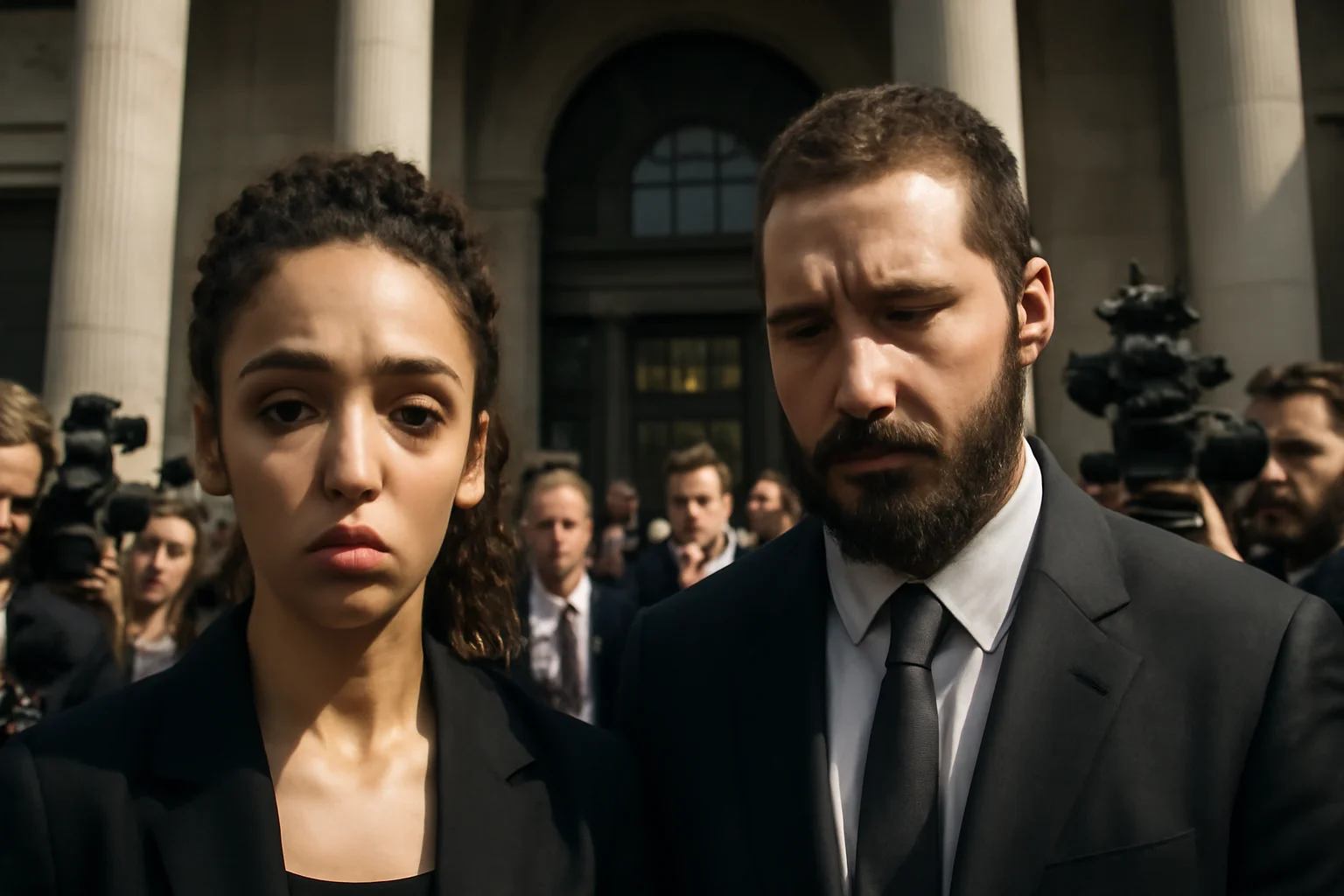
The case between FKA twigs and LaBeouf drew intense attention, not only because of their celebrity but also due to the serious nature of the allegations. Lawsuit filings described a relationship marked by “mental and verbal harassment” that escalated into physical violence, manipulation, and control. Barnett sought substantial damages, but also made clear her goal was to shine a light on the hidden realities of abuse even among high-profile artists. As the lawsuit played out in Los Angeles Superior Court, both sides engaged in bitter disputes over evidence, text messages, and the value of emotional distress. The court proceedings saw repeated delays, as trial dates were scheduled and postponed amid heated arguments about the merits and damages sought. LaBeouf’s legal team attempted to minimize the claims, pointing to Barnett’s continued success in music, fashion, and acting as evidence against her distress. Barnett’s attorneys countered that financial or career achievements do not shield survivors from trauma, nor diminish the real emotional cost of abuse. At various points, both lawyers used public statements to influence perception, further blurring the line between courtroom and public opinion. Media outlets around the world followed every development, dissecting filings and interviews for clues about the settlement and what it might mean for future cases. By settling, both avoided a highly public trial that might have exposed even more painful details to the world. Yet, their case became a catalyst for broader dialogue on how abuse can permeate even the most celebrated lives.
Advertisement
4. Allegations and Denials
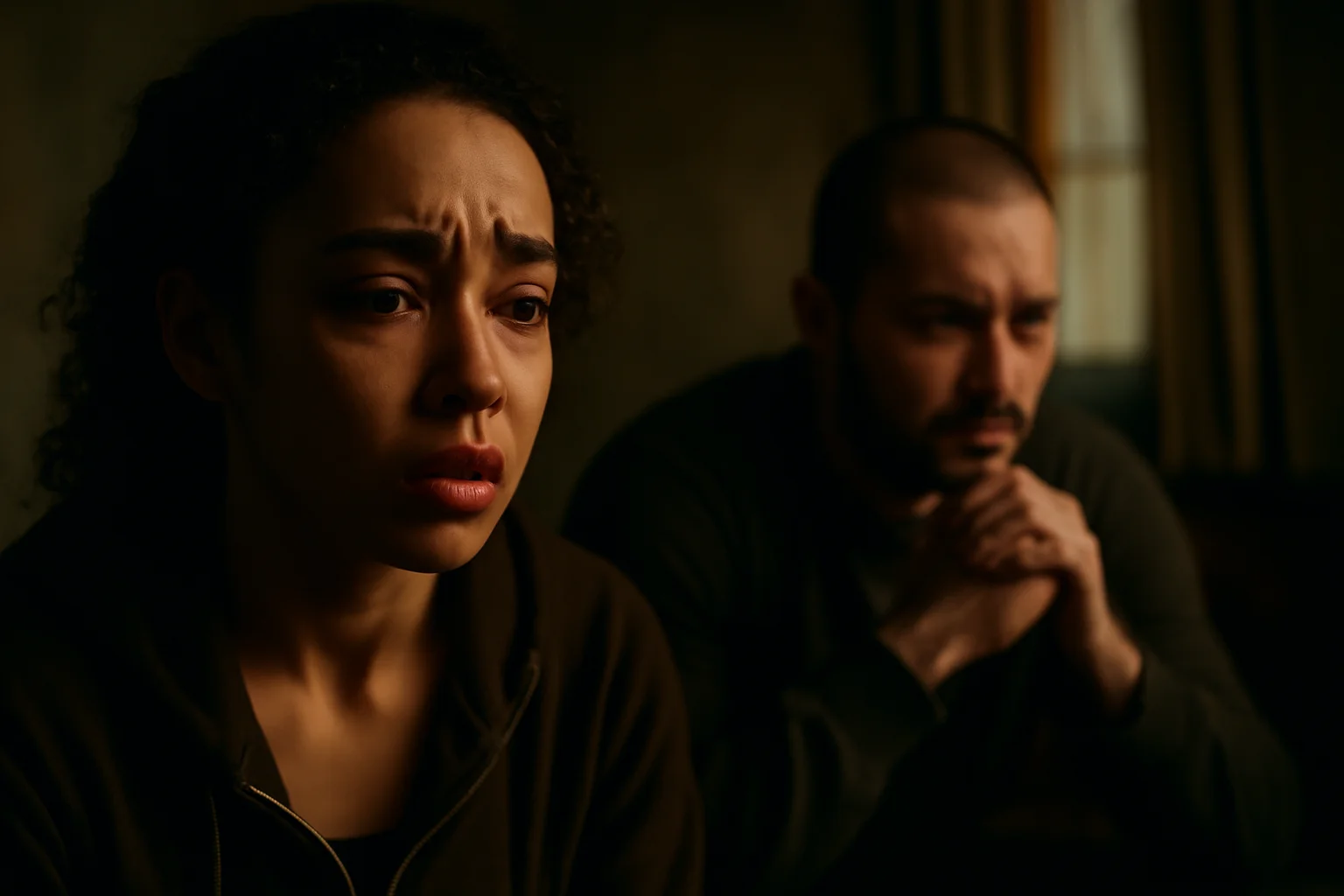
The heart of FKA twigs’ lawsuit rested on her claims of relentless and escalating abuse, while LaBeouf responded with blanket denials and partial admissions. Barnett described specific incidents of violence and intimidation, including being choked, thrown, and subjected to unpredictable rages that left her fearful for her safety. She asserted that LaBeouf used manipulation and jealousy as tools of control, isolating her and demanding unwavering loyalty. The lawsuit accused LaBeouf of knowingly transmitting a sexually transmitted disease and inflicting emotional wounds that lingered long after their breakup. Barnett argued that such abuse was not an isolated incident, referencing other women who shared similar stories of mistreatment and harm. LaBeouf countered by denying the specific allegations in legal filings but publicly acknowledged his history of addiction, aggression, and damaging behavior. In interviews, he admitted being “abusive to myself and everyone around me,” expressing shame and remorse for his past but refusing to concede the full scope of Barnett’s claims. He left his talent agency and sought inpatient treatment in the aftermath of the suit, while continuing to work sporadically in film. Both parties, despite their differences, ultimately agreed to end the lawsuit rather than prolong the fight. Their joint statement avoided blame and looked to the future, underscoring a desire to move on from a painful chapter. The conflicting narratives remain a stark reminder of the complexity and pain that define many cases of alleged abuse.
Advertisement
5. Careers in the Spotlight
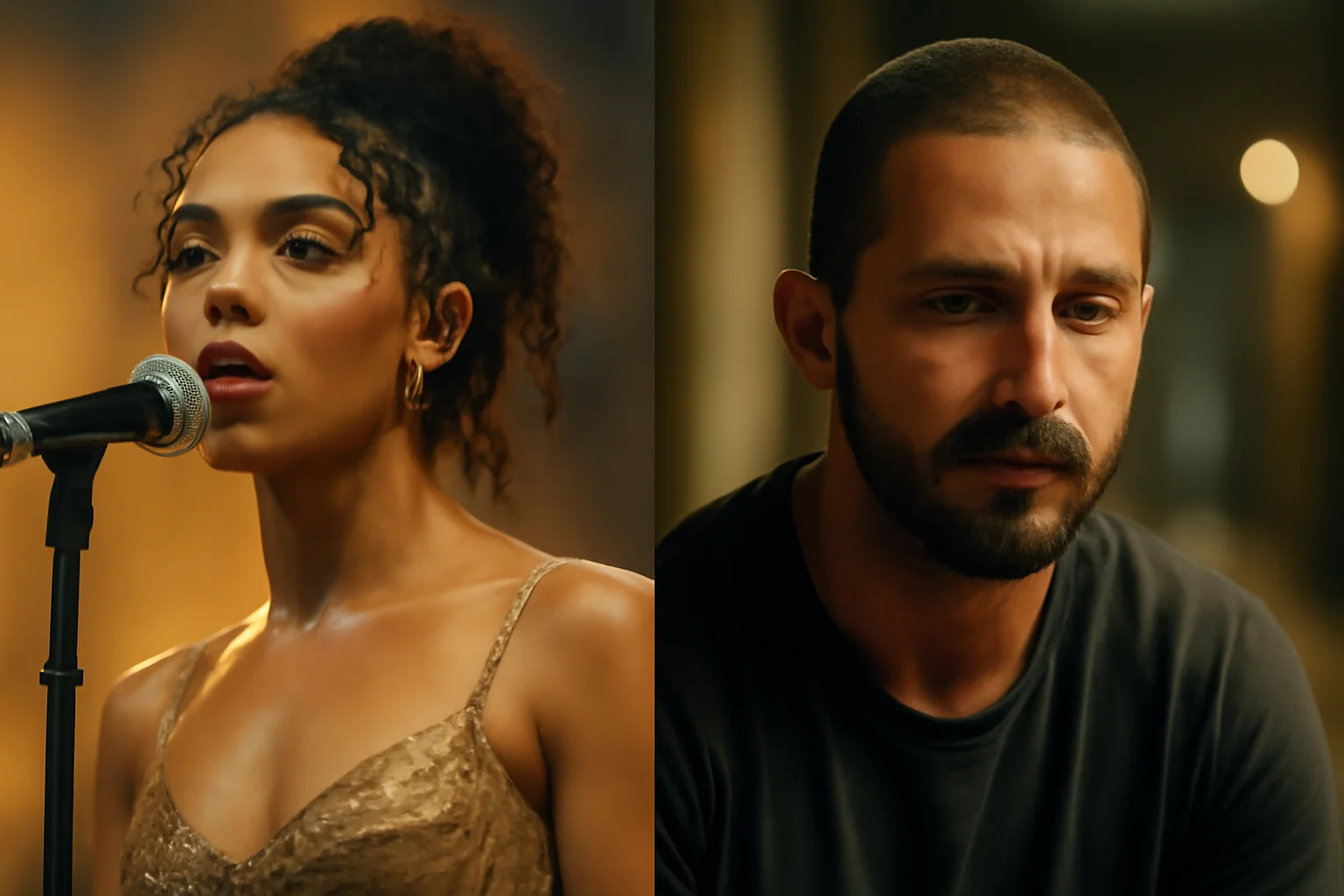
The lawsuit did little to dim the visibility of either FKA twigs or Shia LaBeouf, whose creative achievements and controversies continued to make headlines. Barnett released her acclaimed third album, “Eusexua,” in January, and despite tour setbacks, maintained a strong presence in the music world. Her genre-bending sound and evocative performances earned her praise from critics and audiences alike, as well as multiple nominations and accolades. She also expanded her artistic reach with modeling campaigns and roles in films such as 2024’s “The Crow,” demonstrating resilience amid personal struggles. For LaBeouf, the years following the lawsuit were marked by a mix of professional highs and public fallout. He starred in high-profile projects like Francis Ford Coppola’s “Megalopolis” and the drama “Salvable,” even as the legal case cast a long shadow. LaBeouf’s personal admissions about his destructive behavior and his efforts to seek treatment were scrutinized alongside his performances. Some industry observers questioned whether his career could fully recover from the scandal, while others pointed to Hollywood’s history of forgiving troubled stars. Both continued to attract attention—Barnett for her innovation and vulnerability, LaBeouf for his unpredictability and raw talent. The lawsuit and its settlement became part of their personal narratives, shaping how each is viewed by fans and critics. As the story fades from headlines, their ongoing work will ultimately determine their legacies.
Advertisement
6. The Power and Pain of Testimony
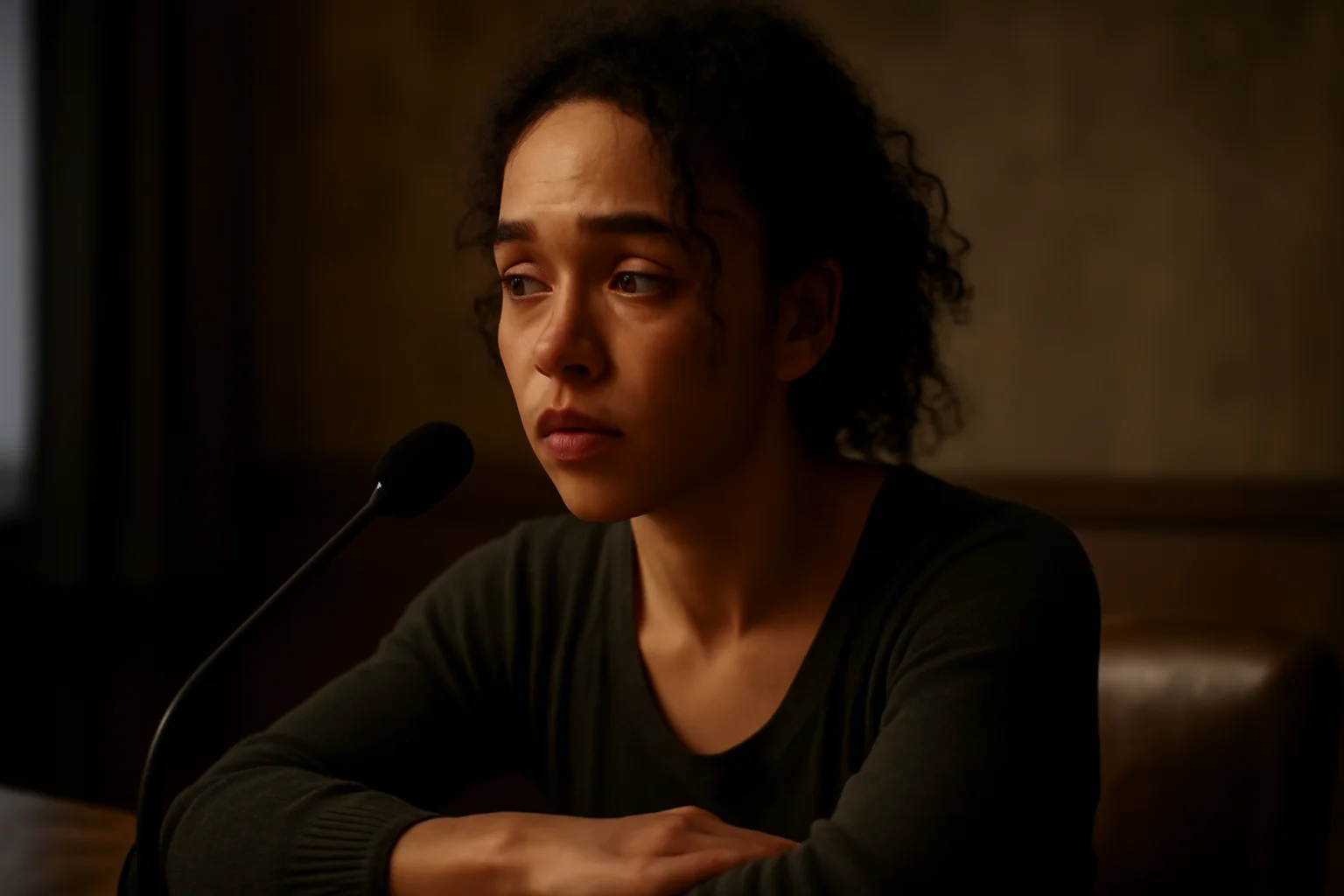
For FKA twigs, coming forward was an act of courage and a call to action, challenging stigmas around domestic violence and emotional abuse. In interviews, she spoke candidly about the trauma she endured and the post-traumatic stress that lingered long after the relationship ended. She used her platform to highlight the challenges of healing, insisting that society must recognize the deep work required to recover from abuse. Barnett’s decision to share her story publicly gave voice to survivors everywhere, many of whom face similar battles in silence. Her case underscored that wealth, fame, or artistic success do not provide immunity from suffering or exploitation. Through her music and activism, Barnett encouraged others to seek support, reject shame, and reclaim their agency. She also criticized narratives that measure a victim’s pain by their public achievements, demanding a more compassionate and nuanced understanding. Barnett’s journey illustrates how testifying against abuse can be both liberating and deeply painful, requiring sustained strength and resilience. In the aftermath, she continued to advocate for survivors, using her art and interviews to keep the conversation alive. Her willingness to confront the most difficult aspects of her experience became an inspiration for others facing similar challenges. With the settlement, she signaled a commitment to healing and moving forward, both personally and professionally.
Advertisement
7. Shia LaBeouf’s Response and Reckoning
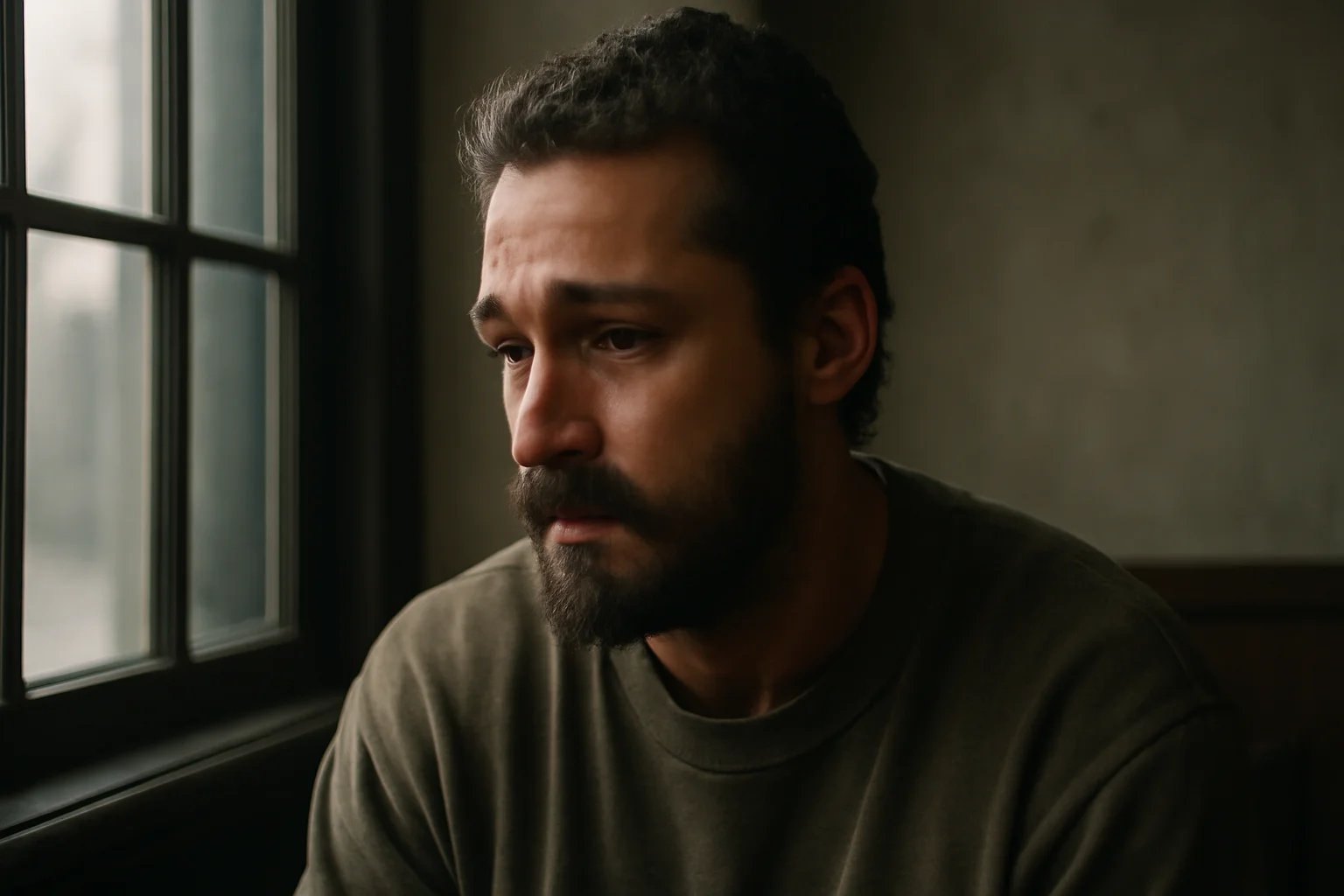
Shia LaBeouf’s reaction to the lawsuit was a mixture of denial, contrition, and self-examination, played out in both legal documents and public statements. Initially, he denied the most serious allegations, maintaining that injuries or damages suffered by Barnett were not his responsibility. However, in statements to the press and in interviews, LaBeouf expressed shame for a pattern of harmful behavior, acknowledging his struggles with addiction and aggression. He admitted to being “abusive to myself and everyone around me for years,” recognizing a legacy of pain inflicted on people closest to him. The actor parted ways with his talent agency, entered inpatient treatment, and described efforts to make amends and change course. He refrained from directly addressing all of Barnett’s accusations but accepted accountability for the harm he caused others. LaBeouf’s public reckoning raised questions about the limits of forgiveness and the challenges of genuine personal transformation. As he continued to work in film, some critics questioned whether accountability would be matched by meaningful change. His statements resonated with others struggling with similar demons, offering a rare glimpse of vulnerability in an industry often defined by bravado. By settling the case, LaBeouf sought to end a chapter marked by conflict, hoping for personal peace and professional renewal. Yet the impact of the lawsuit, and the questions it raised about responsibility and redemption, are likely to follow him for years to come.
Advertisement
8. Broader Impact on Survivors
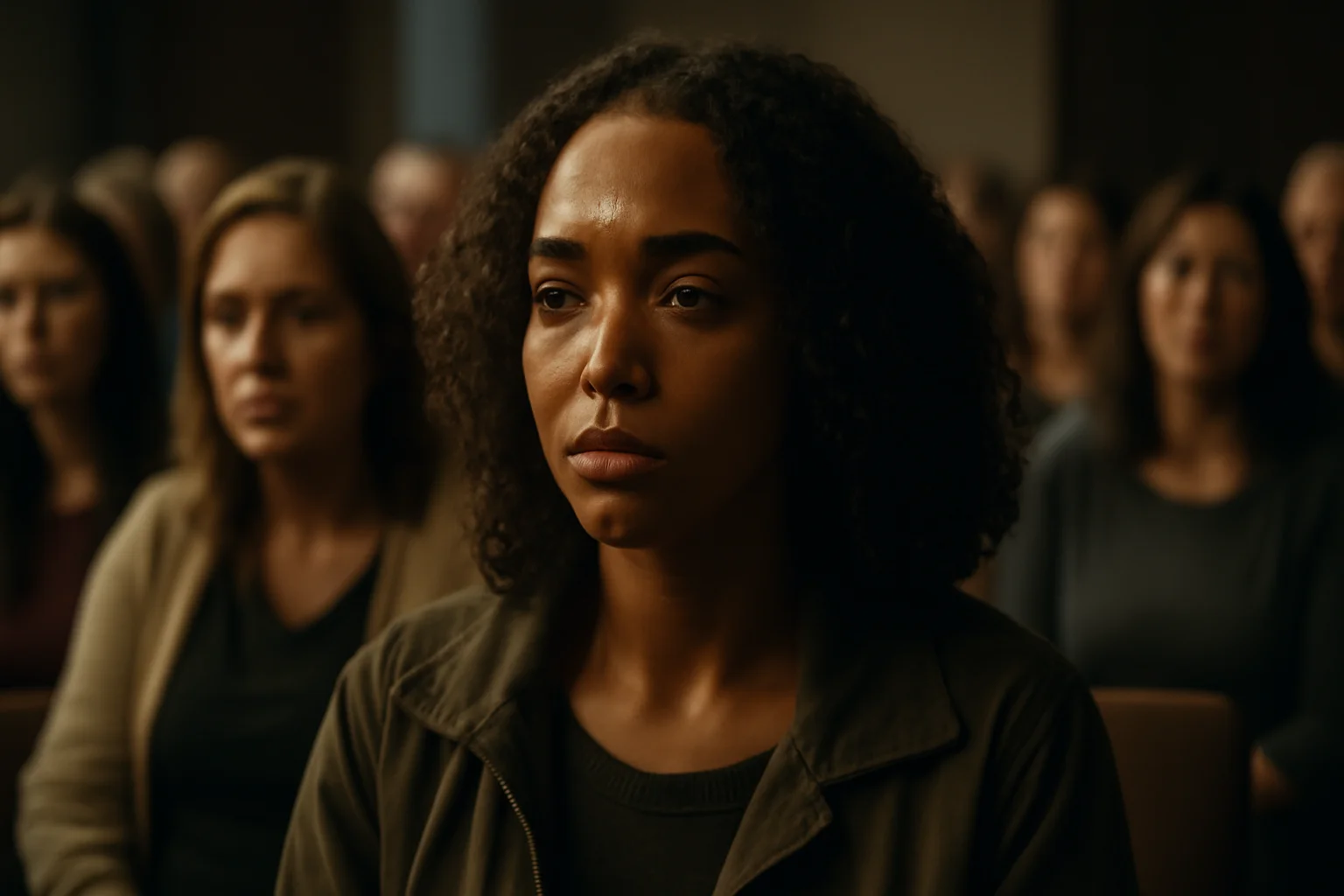
The legal clash between FKA twigs and Shia LaBeouf reverberated far beyond the parties involved, prompting a broader discussion on abuse, trauma, and healing. Survivors of domestic violence and emotional abuse found in Barnett’s story a validation of their own struggles and a call to break the silence. Her willingness to confront a powerful partner and endure public scrutiny challenged old stereotypes and empowered others to come forward. Advocates argued that the case illuminated the ways in which abusers maintain control through manipulation, isolation, and shame. The public attention generated new resources for survivors, as organizations pointed to Barnett’s case as an example of both the costs and necessity of speaking out. Legal analysts examined the case as a bellwether for how the justice system treats claims of emotional distress and long-term trauma. The dispute over the significance of career success and its relation to suffering exposed the inadequacy of traditional measures of damage. Barnett’s advocacy forced a reckoning on how courts, the media, and society at large should assess and respond to allegations of abuse. Though the lawsuit ended without a public trial, its legacy includes a heightened awareness of the realities facing those who seek justice. The case became a rallying point for change, pushing for greater empathy and support for all survivors. With every interview, album, and appearance, Barnett continues to bear witness to the enduring impact of trauma—and the possibility of recovery.
Advertisement
9. Media Frenzy
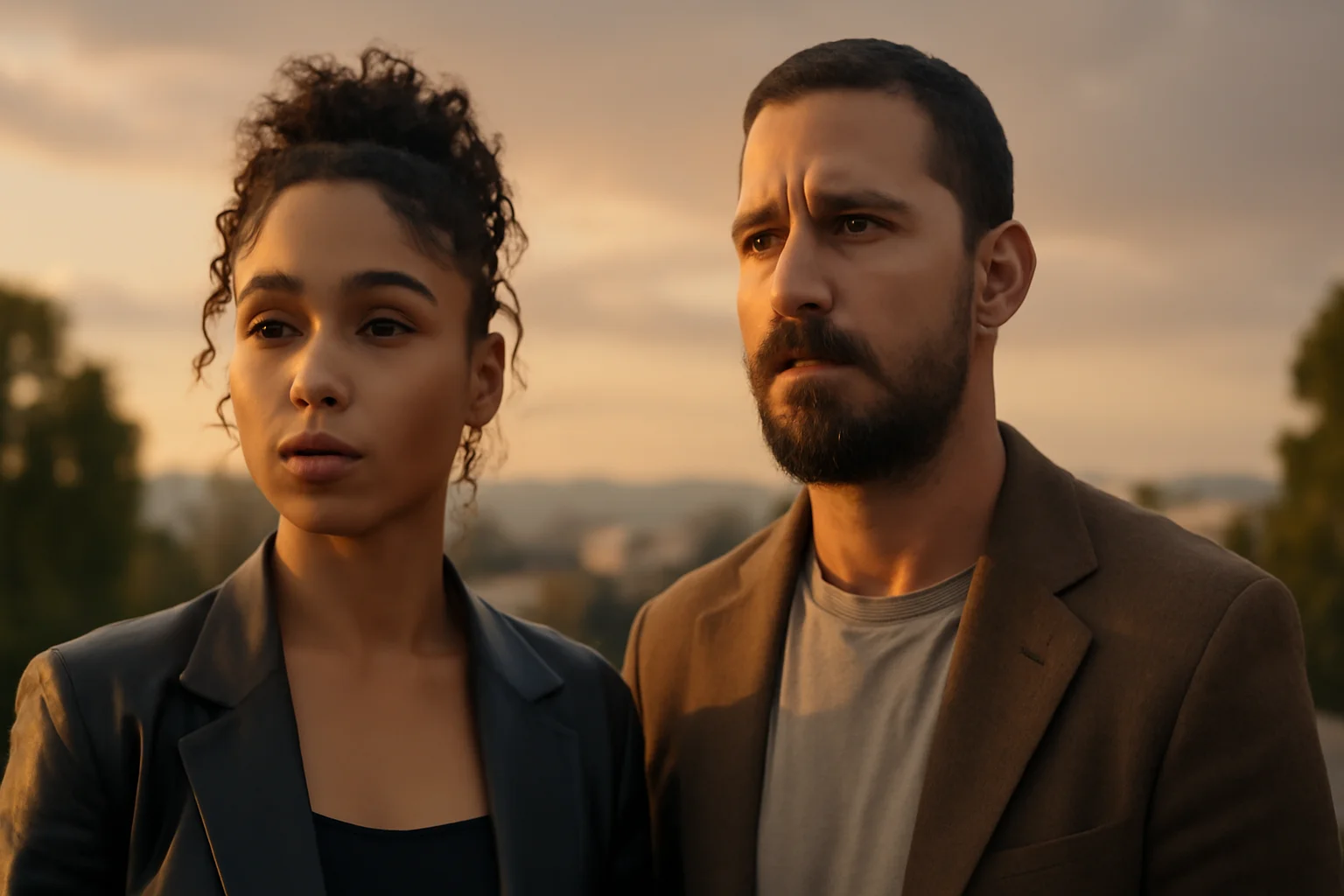
From the first court filing, the FKA twigs and Shia LaBeouf lawsuit became a magnet for international media, with each development analyzed and debated in detail. Reporters poured over legal documents, interviewed sources close to both parties, and chronicled the timeline of their relationship and its aftermath. Barnett’s allegations sparked widespread conversations about power dynamics, celebrity, and the importance of listening to survivors. LaBeouf’s responses, admissions, and denials were picked apart, fueling both sympathy and condemnation from fans and critics alike. Social media amplified every twist, turning court filings into trending topics and making both figures the subject of intense public fascination. Industry observers speculated about the impact on their careers, wondering whether the fallout would lead to lasting consequences or eventual reinvention. Advocacy groups and thought leaders used the case to advocate for systemic reforms and to call for cultural shifts in how abuse is understood. The pressure and scrutiny added new layers of difficulty for both parties, each facing judgment not only from the court but from millions of observers. In a media landscape hungry for scandal, the story’s complexity defied easy narratives, leaving room for reflection and debate. The conclusion of the case does little to dampen curiosity about what was settled privately—but it does offer both Barnett and LaBeouf a chance to reclaim their stories. In the end, their willingness to confront the past became its own form of public testimony, carrying lessons for others navigating fame and hardship.
Advertisement
10. Moving Forward: Healing and Hope
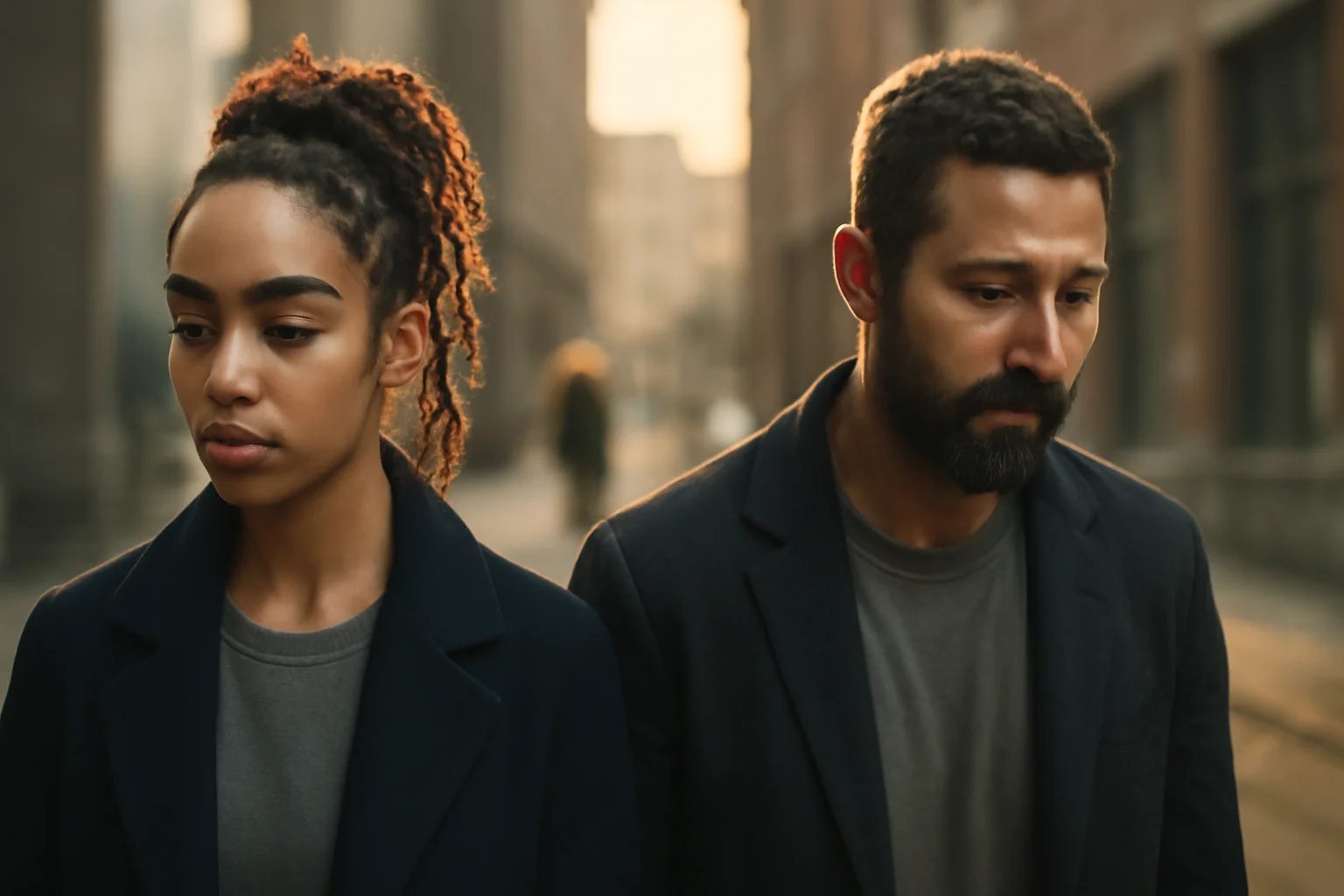
With the legal battle behind them, FKA twigs and Shia LaBeouf now face the long road of personal healing and professional rebuilding. Their public statement, expressing wishes for mutual happiness and success, suggests a desire to let go of past conflict and focus on the future. For Barnett, the experience became a catalyst for growth, resilience, and renewed creativity, as she continues to champion survivor stories through her music and activism. For LaBeouf, the settlement marks both an end and a new beginning—an opportunity to grapple with the consequences of his actions and pursue genuine change. The resolution of the lawsuit does not erase the pain or the questions that remain, but it offers a measure of closure for both parties. As each returns to their craft, the lessons learned may inform their work and public lives, inspiring others to confront difficult truths and seek healing. The case stands as a reminder of the complex, ongoing process of moving past trauma—a process that rarely follows a straight line or easy answers. For fans and observers, the outcome is less about winners and losers than about the ongoing challenge of accountability, empathy, and renewal. Both FKA twigs and Shia LaBeouf carry forward the marks of their experiences, but also the hope of transformation and peace. Their story will remain a touchstone for discussions about abuse, responsibility, and the courage required to face the past. In closing a painful chapter, they open the door to new possibilities—each forging a path toward a future shaped, but not defined, by what came before.
Advertisement
Advertisement
You May Also Like


